Mary Ellen O’Keeffe was born in Cork on November 16, 1838. While yet nineteen years old, she and five other young women from Cork arrived in St. John’s in May of 1858 to join the Sisters of Mercy. The Reception ceremony for the five, presided over by Bishop John T. Mullock in October of 1858, was the first of its kind to be held in the newly consecrated Cathedral of St. John the Baptist.
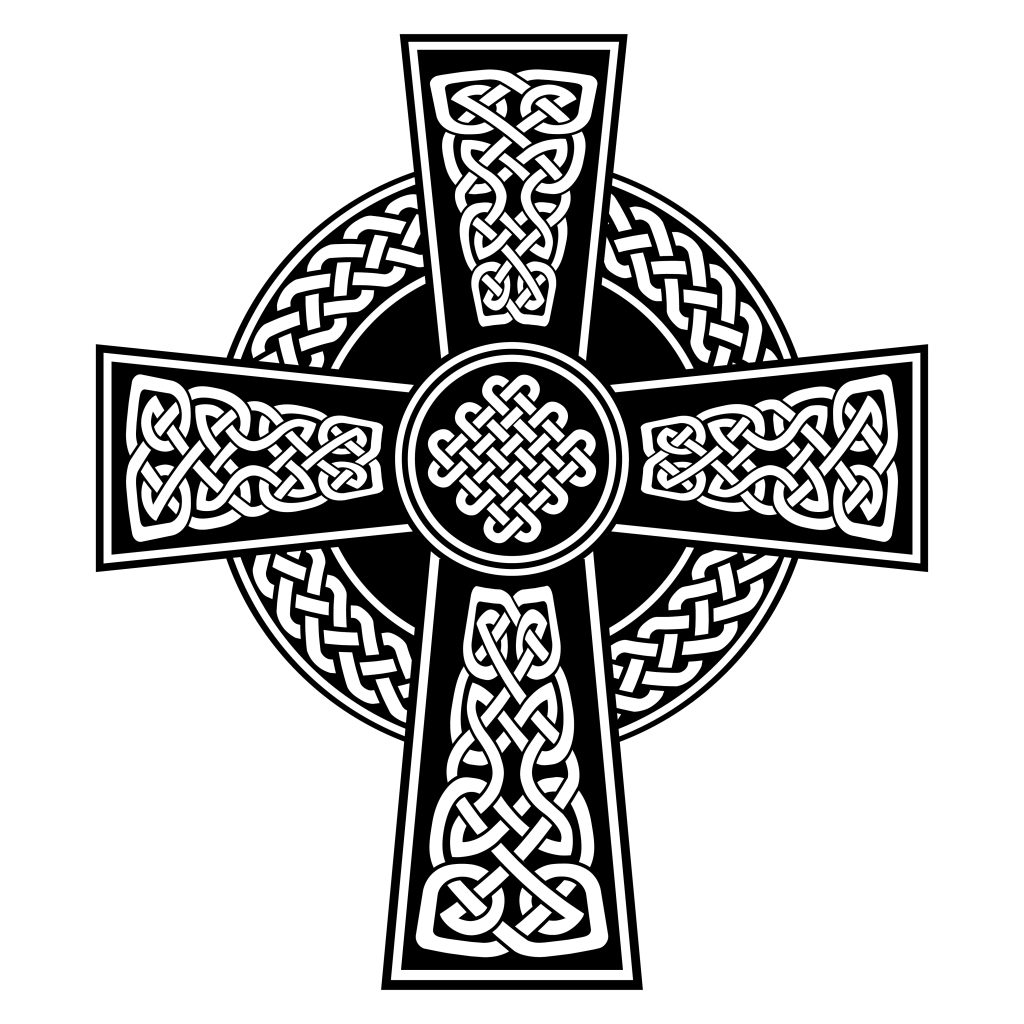 Mary Ellen’s religious name was Sister Mary de Chantal, a name that became legendary over her nearly sixty years of Mercy ministry in Newfoundland. In September 1961, less than a year after her Profession of Vows, Sister M. de Chantal went to Brigus as a member of that founding community. In 1866 she became Superior of Mercy Convent in St. John’s, the second sister to hold that position since the death of Sister Francis Creedon. During her time of office, two new Mercy foundations were established – Conception Harbour and Petty Harbour. In 1861 she went to Burin as Superior of St. Anne’s Convent.
Mary Ellen’s religious name was Sister Mary de Chantal, a name that became legendary over her nearly sixty years of Mercy ministry in Newfoundland. In September 1961, less than a year after her Profession of Vows, Sister M. de Chantal went to Brigus as a member of that founding community. In 1866 she became Superior of Mercy Convent in St. John’s, the second sister to hold that position since the death of Sister Francis Creedon. During her time of office, two new Mercy foundations were established – Conception Harbour and Petty Harbour. In 1861 she went to Burin as Superior of St. Anne’s Convent.
But it was at St. Michael’s Convent, Belvedere that Sister M. de Chantal found her true home and where she spent most of her life. As Superior in the late 1880s she oversaw the construction of the modern brick orphanage, but the huge debt accrued became a great source of stress and anxiety for her and her sisters. With few possibilities for funding in Newfoundland, the ingenious and resourceful Sister M. de Chantal and her companion, Sister M. Ignatius Guinane travelled to the United States, where they already had contacts, to seek the needed assistance. The bishops of Boston, Brooklyn and Philadelphia facilitated their access to Newfoundlanders living in their dioceses and the response to their plea was overwhelming. The Daily News of April 22, 1927 records that the sisters returned, delighted with the success of their endeavor and “carrying golden dollars in exchange for the golden impressions they life behind.”
Sister M. de Chantal died on April 5, 1927 at the age of 88. The newsletter of Our Lady of Mercy Academy, Inter Nos of May 1927, gives a glimpse of the esteem in which she was held by sisters, students and the wider community:
The limited confines of her convent walls could not narrow her broad mind,
while her large generous Irish heart but grew and expanded with her years,
and in it she seemed to find place for everyone… with increasing years she
seemed to grow more forgetful of self and more concerned for the happiness
and comfort of those around her.
Mary Ellen O’Keeffe nació en Cork el 16 de noviembre de 1838. Cuando aún tenía diecinueve años, ella y otras cinco jóvenes de Cork llegaron a St. John’s en mayo de 1858 para unirse a las Hermanas de la Misericordia. La ceremonia de recepción de las cinco, presidida por el obispo John T. Mullock en octubre de 1858, fue la primera de este tipo que se celebró en la recién consagrada catedral de San Juan Bautista.
El nombre religioso de Mary Ellen era Sor Mary de Chantal, un nombre que se hizo legendario a lo largo de sus casi sesenta años de ministerio de la Misericordia en Terranova. En septiembre de 1961, menos de un año después de su Profesión de Votos, la Hermana M. de Chantal fue a Brigus como miembro de esa comunidad fundadora. En 1866 se convirtió en Superiora del Convento de la Misericordia en St. John’s, la segunda hermana en ocupar ese cargo desde la muerte de la Hermana Francis Creedon. Durante su mandato se crearon dos nuevas fundaciones de la Misericordia: Conception Harbour y Petty Harbour. En 1861 fue a Burin como superiora del convento de Santa Ana.
Pero fue en el convento de San Miguel de Belvedere donde la hermana M. de Chantal encontró su verdadero hogar y donde pasó la mayor parte de su vida. Como superiora, a finales de la década de 1880, supervisó la construcción del moderno orfanato de ladrillo, pero la enorme deuda acumulada se convirtió en una gran fuente de estrés y ansiedad para ella y sus hermanas. Con pocas posibilidades de financiación en Terranova, la ingeniosa e ingeniosa hermana M. de Chantal y su compañera, la hermana M. Ignatius Guinane viajaron a Estados Unidos, donde ya tenían contactos, para buscar la ayuda necesaria. Los obispos de Boston, Brooklyn y Filadelfia les facilitaron el acceso a los habitantes de Terranova que vivían en sus diócesis y la respuesta a su petición fue abrumadora. El Daily News del 22 de abril de 1927 recoge que las hermanas regresaron, encantadas con el éxito de su empresa y “portando dólares de oro a cambio de las doradas impresiones que dejaron a su paso”.
La hermana M. de Chantal falleció el 5 de abril de 1927 a la edad de 88 años. El boletín de la Academia de Nuestra Señora de la Merced, Inter Nos, de mayo de 1927, da una idea de la estima que le tenían las hermanas, las alumnas y la comunidad en general:
Los limitados confines de los muros de su convento no pudieron estrechar su amplia mente,
mientras que su gran y generoso corazón irlandés crecía y se expandía con los años,
y en él parecía encontrar lugar para todos… con el paso de los años parecía
parecía olvidarse más de sí misma y preocuparse más por la felicidad de los demás.
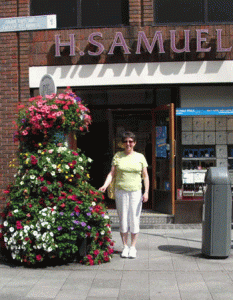 Catherine was never closer to me than when I set out on my quest for the perfect profession ring. After much window shopping and inside browsing, Sister Maureen O’Keefe and I, on the advice of our new-found Irish friend, Sr. Mary McWeeney, found our way to Henry Street and the jewelry store of H. Samuel. Maybe the rest of the story is just pure coincidence but I like to think that the Divine Providence in which Catherine had such faith was also at work here.
Catherine was never closer to me than when I set out on my quest for the perfect profession ring. After much window shopping and inside browsing, Sister Maureen O’Keefe and I, on the advice of our new-found Irish friend, Sr. Mary McWeeney, found our way to Henry Street and the jewelry store of H. Samuel. Maybe the rest of the story is just pure coincidence but I like to think that the Divine Providence in which Catherine had such faith was also at work here.


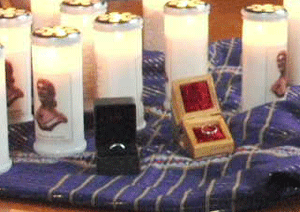
 The
The 
 She was received into the novitiate and given the name Sister M. Camillus Joseph on the feast of Our Lady of Mercy in the same year. Her novitiate companions were Sister M. Ligouri Carmody and Sister M. Ignatius Guinane, two young women from Limerick, Ireland, along with another Newfoundlander, Sister M. Clare Tarrahan, who haentered the community a year earlier.
She was received into the novitiate and given the name Sister M. Camillus Joseph on the feast of Our Lady of Mercy in the same year. Her novitiate companions were Sister M. Ligouri Carmody and Sister M. Ignatius Guinane, two young women from Limerick, Ireland, along with another Newfoundlander, Sister M. Clare Tarrahan, who haentered the community a year earlier.
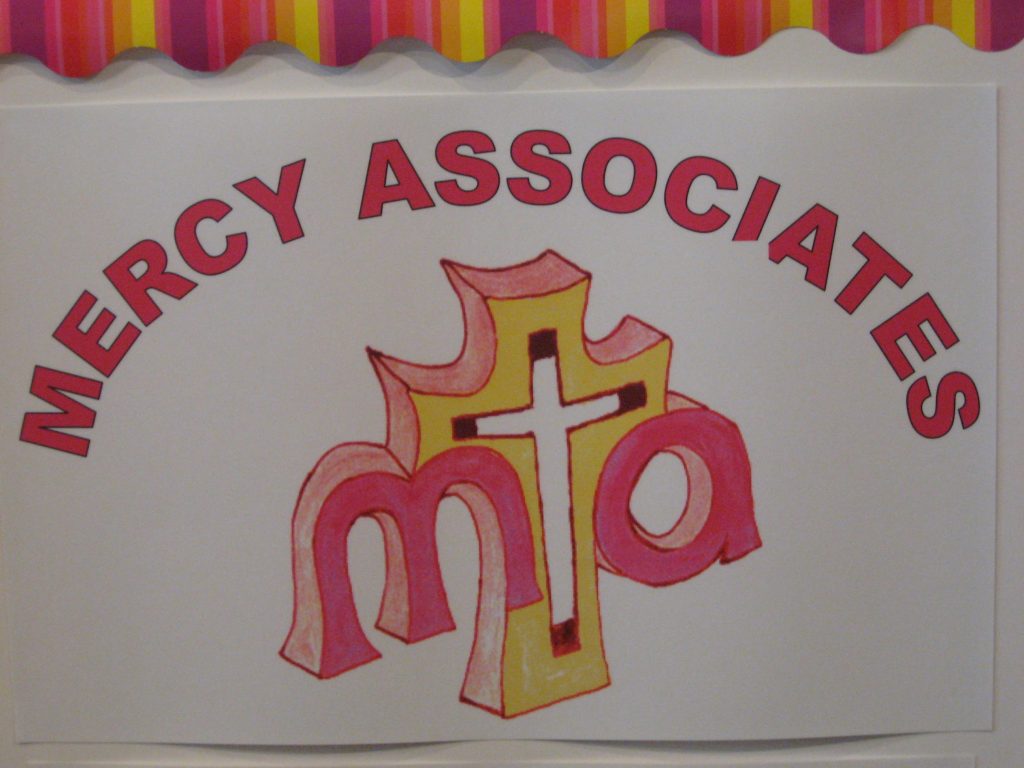 The
The 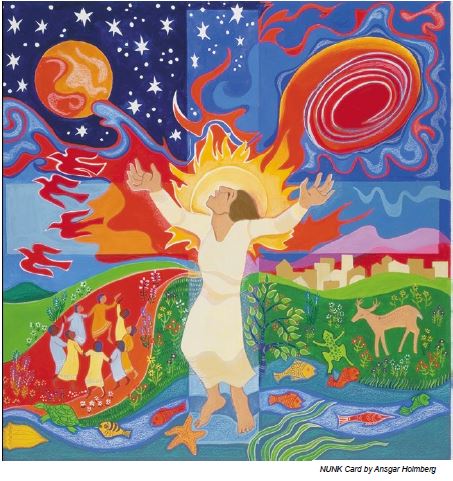
 Mary Ellen’s religious name was Sister Mary de Chantal, a name that became legendary over her nearly sixty years of Mercy ministry in Newfoundland. In September 1961, less than a year after her Profession of Vows, Sister M. de Chantal went to Brigus as a member of that founding community. In 1866 she became Superior of Mercy Convent in St. John’s, the second sister to hold that position since the death of Sister Francis Creedon. During her time of office, two new Mercy foundations were established – Conception Harbour and Petty Harbour. In 1861 she went to Burin as Superior of St. Anne’s Convent.
Mary Ellen’s religious name was Sister Mary de Chantal, a name that became legendary over her nearly sixty years of Mercy ministry in Newfoundland. In September 1961, less than a year after her Profession of Vows, Sister M. de Chantal went to Brigus as a member of that founding community. In 1866 she became Superior of Mercy Convent in St. John’s, the second sister to hold that position since the death of Sister Francis Creedon. During her time of office, two new Mercy foundations were established – Conception Harbour and Petty Harbour. In 1861 she went to Burin as Superior of St. Anne’s Convent.